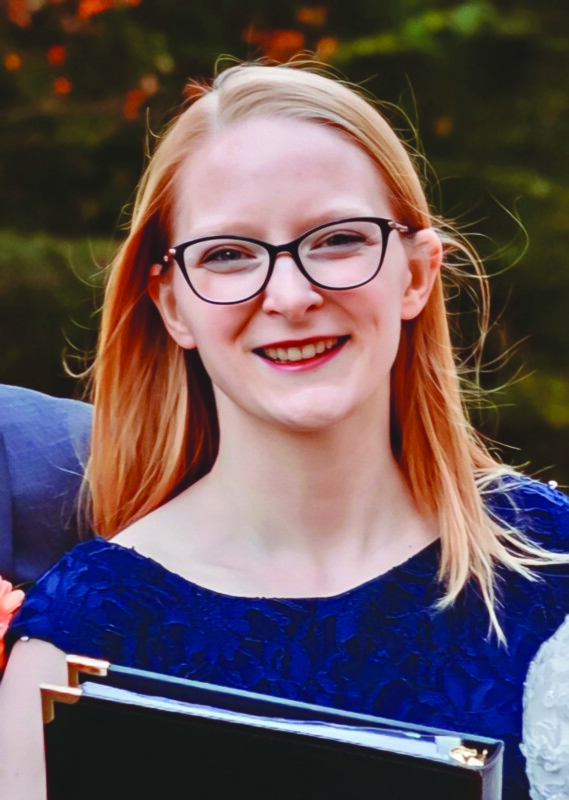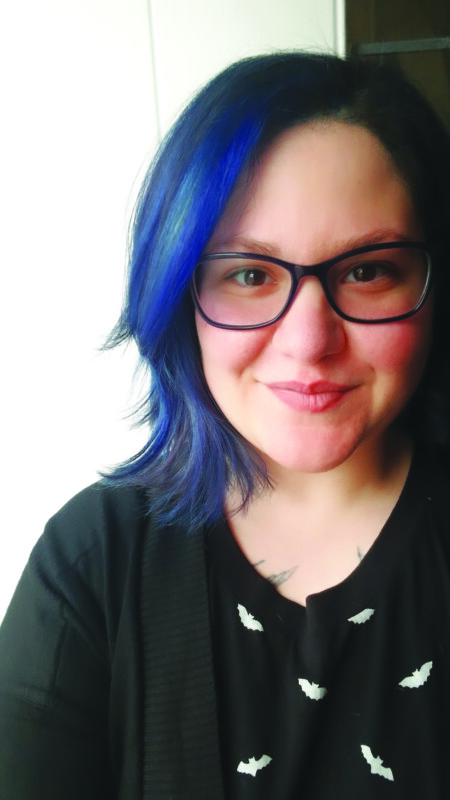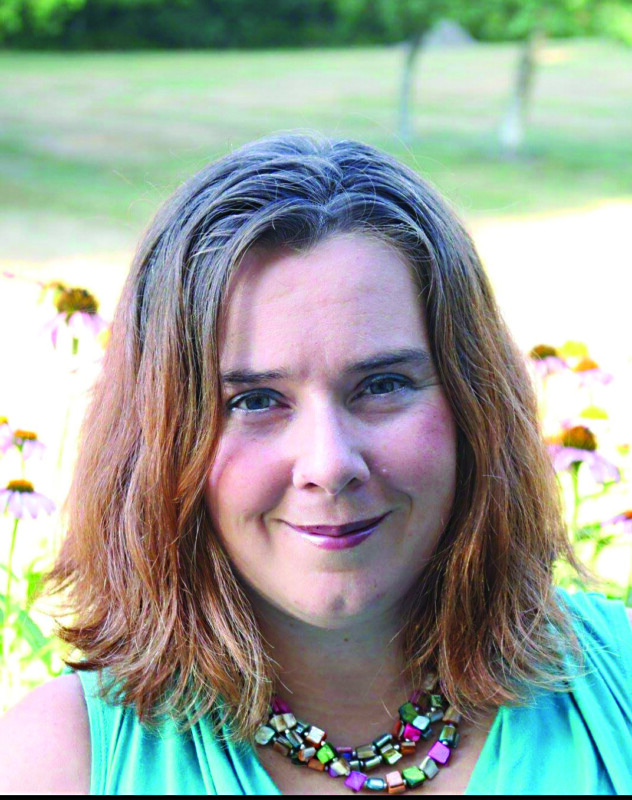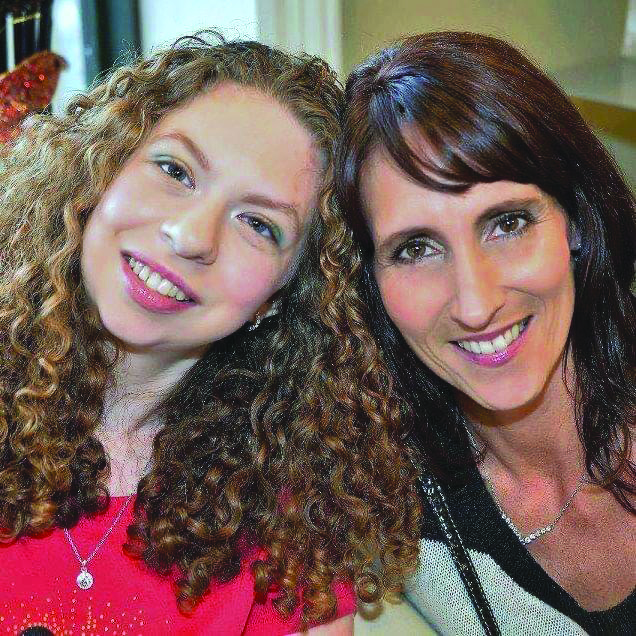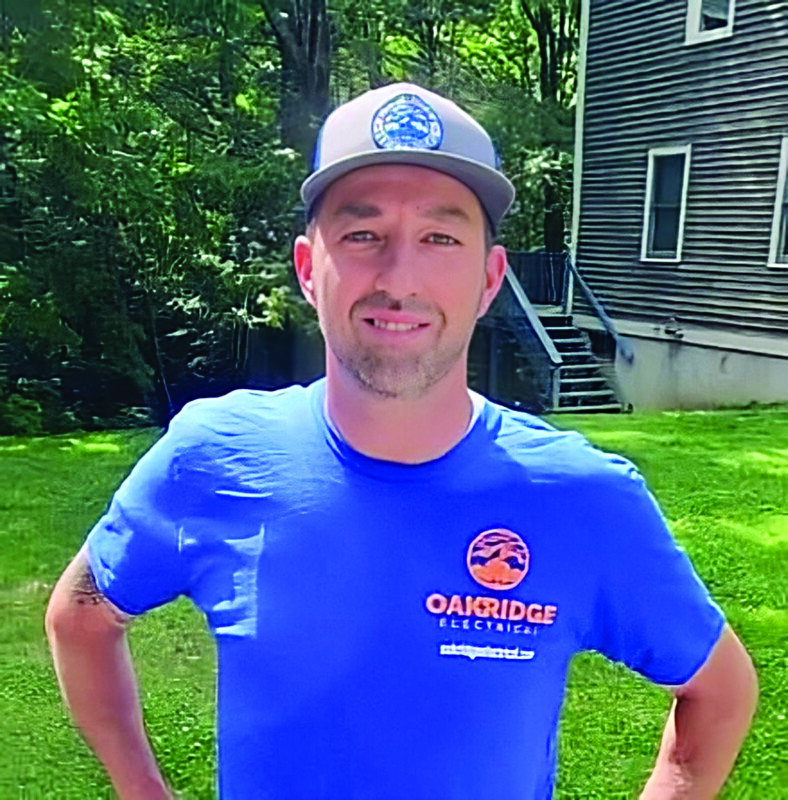Justice of the Peace
Shelly A. Mead is a justice of the peace who officiates weddings throughout southern New Hampshire.
Explain your job and what it entails.
My job is to write and officiate wedding ceremonies for any mutually consenting couple in New Hampshire. I am able to perform quick legal ceremonies, but I specialize in creating love story ceremonies for couples. This involves really getting to know a couple and having them open up about what makes their relationship work, what they love about each other and their favorite memories together. I translate those details into a ceremony that I perform on their wedding day. My ultimate goals are to make the ceremony planning process feel simple and straightforward for couples, and to create a relationship that allows them to feel as calm and confident as humanly possible when standing up in front of their family and friends on their wedding day.
How long have you had this job?
Six years.
What led you to this career field and your current job?
I officiated for the first time in 2017 for my brother-in-law with the intention of never officiating again. As it turned out, creating and officiating ceremonies is extremely joyful and rewarding work. Since then, I have officiated over 350 ceremonies, and 2023 will be my sixth wedding season.
What kind of education or training did you need?
To become a justice of the peace in New Hampshire, one must take an oath and then be certified by the governor. Much of my training was through extensive online research, and then on the job. I love learning from other officiants and have great local mentors. I get really excited when a couple brings up a new idea or tradition to research that can be incorporated into their ceremony.
What is your typical at-work uniform or attire?
I typically wear a black or navy dress or suit, depending on the couple’s wedding colors.
How has your job changed over the course of the pandemic?
This past wedding season was incredibly busy as so many couples had to put off their big wedding from 2020 to 2022. I often officiate for couples who want to have a quick legal ceremony and then plan to celebrate with a formal wedding when there are fewer Covid restrictions or more open wedding dates. I think for a justice of the peace it is not that common to have repeat customers. With couples having a private elopement and then a big ceremony later, I sometimes get the honor of sharing their happiness twice.
What do you wish you’d known at the beginning of your career?
It is so important to set boundaries with clients. Having a detailed contract to establish ground rules is key.
What do you wish other people knew about your job?
Something that not many people realize is that planning a beautiful and meaningful ceremony takes time — a lot of time. If you go to a wedding and the ceremony is executed flawlessly, with the couple and their guests sharing laughter, joy and maybe even some happy tears, know that years of experience and hours of time went into making that 15 to 30 minutes so completely perfect.
What was the first job you ever had?
I worked as a page at the Manchester Public Library in Manchester, Connecticut.
What’s the best piece of work-related advice you’ve ever received?
Always take a deep breath and smile at the beginning of a ceremony. It helps the couple to relax.
Five favorites
Favorite book: Beartown series by Fredrik Backman
Favorite movie: Stranger Than Fiction
Favorite music: I always sing in the car to get warmed up for a ceremony. Currently, Lizzo and Adele are my top choices.
Favorite food: Cherries
Favorite thing about NH: I love that we can be in a city, the beach or the mountains all in just an hour. New Hampshire has it all.
Featured photo: Shelly A. Mead. Courtesy photo.

